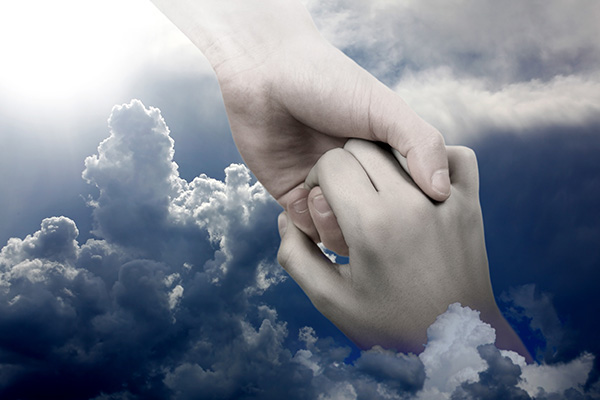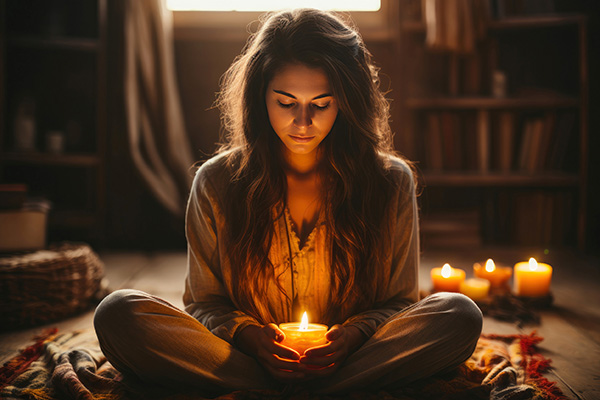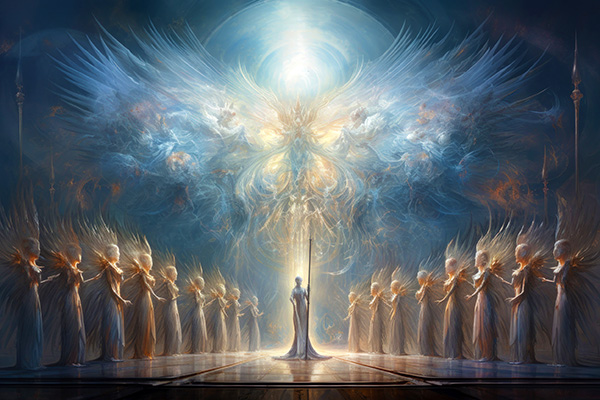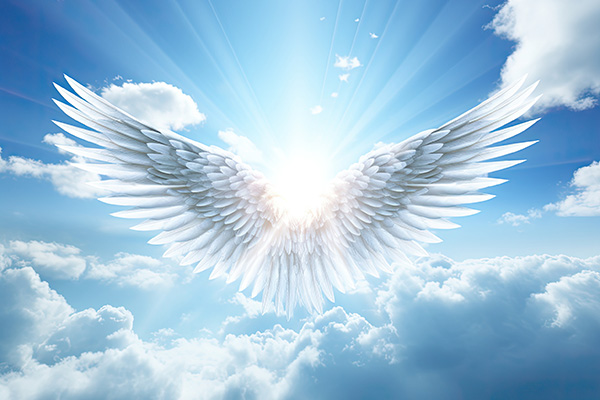spirit contact
Do Our Loved Ones Become Our Spirit Guides?
 While doing mediumship readings, I often have people ask me if their loved ones who have crossed over are now their spirit guides. The answer is, no. While our loved ones, who have crossed over, do watch over us, and communicate with us through dreams and other means, they are not our spirit guides.
While doing mediumship readings, I often have people ask me if their loved ones who have crossed over are now their spirit guides. The answer is, no. While our loved ones, who have crossed over, do watch over us, and communicate with us through dreams and other means, they are not our spirit guides.
Becoming a spirit guide requires many life times of experience, schooling and training. Our loved ones can give us energy, love and light, but they are not allowed to interfere with our destiny in any way.
So, what is the difference between spirit guides and loved ones who have crossed over?
Spirit guides are with us before we choose our life. They help us decide what goals we have and what we want to emphasize and work on in the next life. They remind us of the lessons in life we struggle with every life.
Our guides also remind us of the lessons we have avoided signing up for in our past lives. Have you taken on disability? Poverty? Wealth? Abuse? Fame? What adversities have you overcome and which ones will you need to take on?
Often we feel we are being punished by these adversities when on earth, when in reality, we decide to take them on and gain the strength, compassion, empathy and wisdom they teach us.
Every soul will need to take on the mirror images of every human experience. Poverty and wealth. Sickness and health. Justice and injustice. Power and powerlessness. Freedom and restraint. These aren’t punishments.
A Cuddly Message From Grandma At Halloween
 All of us have lost, or will in time lose someone very dear to us. Like it or not, all of us also have to ponder the concept of life after death at some point in our life. Some of us have very strong beliefs on the subject, one way or the other. We either believe in the afterlife, or we do not.
All of us have lost, or will in time lose someone very dear to us. Like it or not, all of us also have to ponder the concept of life after death at some point in our life. Some of us have very strong beliefs on the subject, one way or the other. We either believe in the afterlife, or we do not.
For me the answer is simple and easy. I strongly believe, because of both my personal and professional experiences. For example, I have been visited many times by my grandparents, and I have communicated with many loved ones in spirit in my daily work, when I do readings for my clients.
My grandma often communicates with me in the dream state. She tends to show up when I least expect it, usually to give me a guiding message or to warn me about something. She always has been a worrier, in this life and the next! Right up to the very day she departed this life, she was telling us what to do to keep safe, and she was always giving us good advice. She is very wise.
I was asking her just the other day to give me a sign that she was around, and sure enough, she did. But this time she did not show up in a dream. She spoke to me…through a teddy bear! Yes, indeed.
It is one of those plush toys that makes a cute kissing sound and says, “I love you very much,” when you squeeze it. I was in the tub and this little teddy bear was right next to me, on top of a shelf. After drawing the bath, I was leaning back in the soothing, warm water, letting out a sigh of relief that a long day was over. Next thing you know, this teddy bear goes off on its own, making the kissing sounds and saying I love you, over and over. I knew right away that it was grandma making contact.




